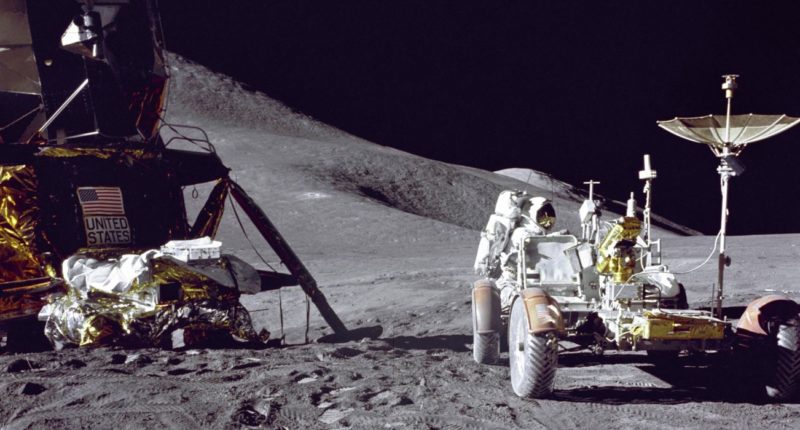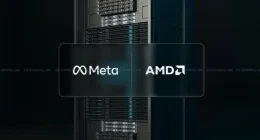NASA today gave an update to its Commercial Lunar Payload Service program (CLPS) which is scheduled to carry cargo to lunar surface of Moon and thus prepare NASA for its human lunar missions beginning 2024 under its Artemis program.
The list of 16 payloads consists of several different science and technology experiments. CLPS is a NASA program to contract transportation services selected by NASA that will send small robotic landers and rovers to the Moon’s south polar region mostly with goals of scouting for lunar resources. The CLPS program is indeed intended to purchase end to end payload services between Earth and lunar surface using fixed priced contracts.
NASA has 14 companies on contract through CLPS to bid delivering science experiments and technology demonstrations to the lunar surface. It includes companies like Blue Origin, Lockheed Martin, SpaceX and more.
Two landers are scheduled to be launched next year namely – Peregrine built by Astrobotic technology and Nova C built by intuitive Machines. These contracts were given in may 2019 to peregrine for carrying eleven payloads and Nova-C to carry five payloads. Astrobotic is carrying more equipment as its payload capacity is around 585 lbs whereas Nova C can carry 220 lbs worth of cargo.
Peregrine will use a rocket made by united launch alliance meanwhile Nova-C will use SpaceX’s Falcon 9 rocket. The payload that these will carry includes a laser retro reflector array, a precision-based location device for the lander, a Navigation Doppler Lidar for precise velocity and Range sensing, and a laser-based sensor designed to provide navigation during descent and touchdown. Other equipment being carried by these landers is unique to one vehicle or another. The equipment will be used to build lunar landing systems that will be used in safety, control and targeted landing of Artemis.
Through CLPS, NASA plans to work with partner organizations to send about two deliveries of scientific and research payloads to Moon per year starting from next year.
The Tech Portal is published by Blue Box Media Private Limited. Our investors have no influence over our reporting. Read our full Ownership and Funding Disclosure →






